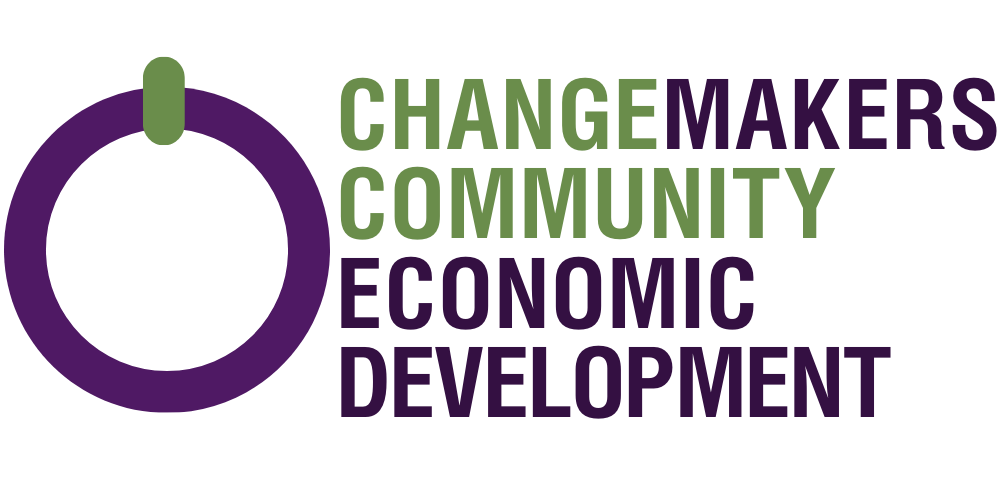The Roots of Resilience
The Roots of Resilience:
Why Indigenous Economies Matter for Native Hawaiians
Indigenous Hawaiian economies aren’t relics of the past; they represent powerful pathways toward social, cultural, and ecological resilience rooted in aloha ʻāina, ʻohana, and interdependence.
A SNAPSHOT: WHY NATIVE HAWAIIAN ECONOMICS MATTER
The 2024 Aloha United Way ALICE Report also indicates that 57% of Native Hawaiian and Pacific Islander households are below the ALICE (Asset Limited, Income Constrained, Employed) threshold, showing considerable financial difficulty, even for those employed.
In 2024, the median household income for Native Hawaiians and Other Pacific Islanders (NHPI) was $72,400. This was lower compared to the $89,050 for non-Hispanic white households.
In 2023, the disparity in educational attainment between Native Hawaiians/Pacific Islanders and Asian Americans aged 25 and older was significant. While 61% of Asian Americans in this age group held a bachelor's degree or higher, only 29.8% of Native Hawaiians/Pacific Islanders had achieved the same level of education.
These disparities reflect a history of cultural disruption from the Great Māhele’s land dispossession to ongoing economic marginalization. Yet beneath these trends lies the strength of Indigenous knowledge systems and resilient community networks.
INDIGENOUS FRAMEWORKS FOR ECONOMY & WEALTH
Indigenous Hawaiian economic frameworks center on cultural continuity, land stewardship, and collective well-being. Together, they offer a vision far richer than GDP:
The ahupuaʻa system functioned as a self-sustaining land division from mountain to sea, where communities stewarded resources holistically while trading surplus responsibly.
The value system of aloha ʻāina (love of the land) embodies reciprocal relationships with the environment, community, and future generations. It underpins practices of mālama (stewardship) and pono (balance), informing ecological and economic choices alike
Principles such as pilina (relationship), kuleana (responsibility), and ohana-centered reciprocity define wealth not by accumulation, but by connection and interdependence.
HOW INDIGENOUS ECONOMIES OPERATE TODAY
Circularity & Regeneration: Native Hawaiian communities are reviving ancestral regenerative models where materials and knowledge circulate sustainably across ʻāina as described in the concept of an ancestral circular economy.
Culturally-aligned wealth building: Organizations like Hawaiian Community Assets partner with families to build financial resilience aligned with Mālama ʻĀina principles, emphasizing ownership, trust, and long-term generational benefit
Data sovereignty and civic engagement: Projects like Waiwai collect well-being metrics rooted in Kanaka values, trust, civic participation, and cultural connectedness, to center Indigenous definitions of prosperity and direction-setting.
THE CASE FOR CENTERED INDIGENOUS SYSTEMS
HOPE ON THE HORIZON FOR HAWAIʻI
Native Hawaiian-led systems help restore the economy as a cultural responsibility, not just a transactional system:
From cooperative agriculture and fishpond restoration to ʻāina trusts and indigenous businesses like ʻĀinapreneurs, communities are rebuilding economic resilience from the ground up.
Investing in structures that return resources to communities reinforces healing, self-determination, and intergenerational wealth.
As academic and civic interest grows in Indigenous economic justice, Hawaiʻi communities are leading by example putting kuleana and aloha ʻāina at the center of prosperity.
CALL TO ACTION
Support Indigenous economic initiatives from food sovereignty to ʻāina stewardship and culturally aligned businesses.
Lift community-led metrics and definitions of wealth, beyond dollars to include well-being, land health, and cultural renewal.
Share and amplify stories that value Native Hawaiian values and visions of economic resilience.
When we center Indigenous frameworks like aloha ʻāina, laulima, and holistic stewardship, we root our economic future in the wisdom of our ancestors growing resilient, regenerative communities grounded in connection, culture, and care for ʻāina.
Thank you for joining us here. If you believe in the power of collective workforce development — bringing together communities, professions, and cross‐sector partners — then KanakaMob may resonate with you. → Explore how you can engage with our movement.





